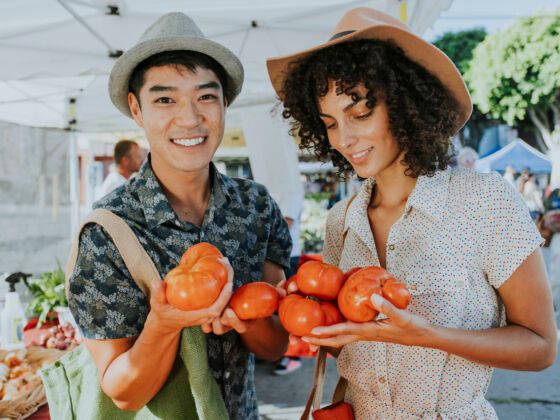When it occurred to me that a disproportionate number of my friends and acquaintances are organic farmers, I decided to round them up and ask for advice. Here’s what they told me:
1. Don’t be afraid to ask.
If you know where you’ll be farming, contact other farmers in the area. Offer to pitch in on their farms, or at least invite them for a cup of coffee: they’ll likely be able to pass along invaluable tips on climate, soil conditions, crop varieties, and more.
Staci Short grows vegetables for a CSA (Community Supported Agriculture) on Gull Harbor Farm in Olympia,Washington. Though she’d farmed for years in other places, Staci says, “I wish I’d worked at a farm in this very different growing environment (it’s much wetter here in Washington than in Montana!) before jumping head first into my own operation and learning so many lessons the hard way.”
